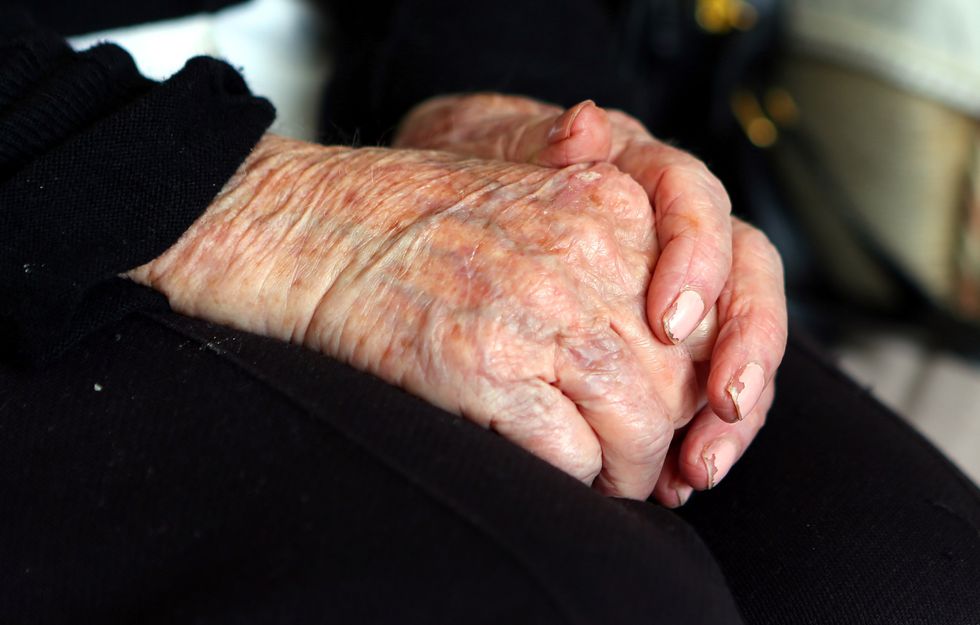Analysts are urging the Labour Government to “introduce modest means-testing” of state pension payments to tackle intergenerational inequality.
The Intergenerational Foundation is taking aim at the increase in real per-person public spending for pensioners compared to younger generations.
Based on the think tank’s research, spending on pensioners increased by 55 per cent between 2004-05 and 2023-4, compared to just 20 per cent for children.
To mitigate this discrepancy, economists for Intergenerational Foundation are suggesting Chancellor Rachel Reeves introduce some level of means-testing in its latest report.

Labour are being called to “means-test” state pension payments
GETTY
In its list of “recommendations”, the think tank stated: “Reform the state pension by removing the triple lock and introducing modest means-testing.”
As it stands, all Britons are entitled to the state pension and other age-related benefits once they reach the official retirement age, which is currently 66.
Under the triple lock, state pension payment rates are guaranteed to rise annually by either the rate of inflation, average earnings or 2.5 per cent.
The Institute for Fiscal Studies (IFS) estimates that the triple‑lock increases state pension spending by around £11billion per year, compared with uprating pensions by inflation or earnings alone, which has raised concerns over its long-term viability.
Do you have a money story you’d like to share? Get in touch by emailing money@gbnews.uk.
 Older Britons are worried about the future of the state pension triple lock PA
Older Britons are worried about the future of the state pension triple lock PABased on the Intergenerational Foundation’s research, the median individual wealth gap between 16–24 and 65–74 year olds soared by 40 per cent in eight years.
This particular figure jumped from £230,400 in 2010–12 to £323,000 in 2018–20, prior to the Covid-19 pandemic financial fallout and cost of living crisis.
Under 30s now spend approximately 70 per cent of their total expenditure on essentials, reflecting a 16 per cent increase over the past 20 years.
In comparison, the over-65 age demographic saw just a two per cent increase, with essential spending now making up 56 per cent of their total expenditure.
Towards the end of the report, the think tank’s economists said: “Government spending per pensioner has risen, while spending per child has barely increased.
“Pensioner poverty has halved, while child poverty remains persistently high. Mental health issues among young people have surged, yet support services have not kept pace.
LATEST DEVELOPMENTS:

Keir Starmer has committed to keep the state pension triple lock in place
GB NEWS
“In politics, the voices of younger generations are increasingly absent. Successive governments – both left and right-leaning – have failed to acknowledge or meaningfully address these trends.
“Instead of addressing structural imbalances, policy choices have entrenched them – generally prioritising the needs and wants of older voters and passing the costs onto younger and future generations.”
Despite this criticism, Prime Minister Keir Starmer has doubled down on keeping the triple lock in place and hit back at Conservative Party leader Kemi Badenoch over her wavering support for the policy.
Last week in PMQs, Starmer said: “We on this side (of the house) are committed to the triple lock and that increased pensions by over £400 this April. On their side they say the triple lock is unsustainable. I think her [Badenoch] position is she wants to means test.”
